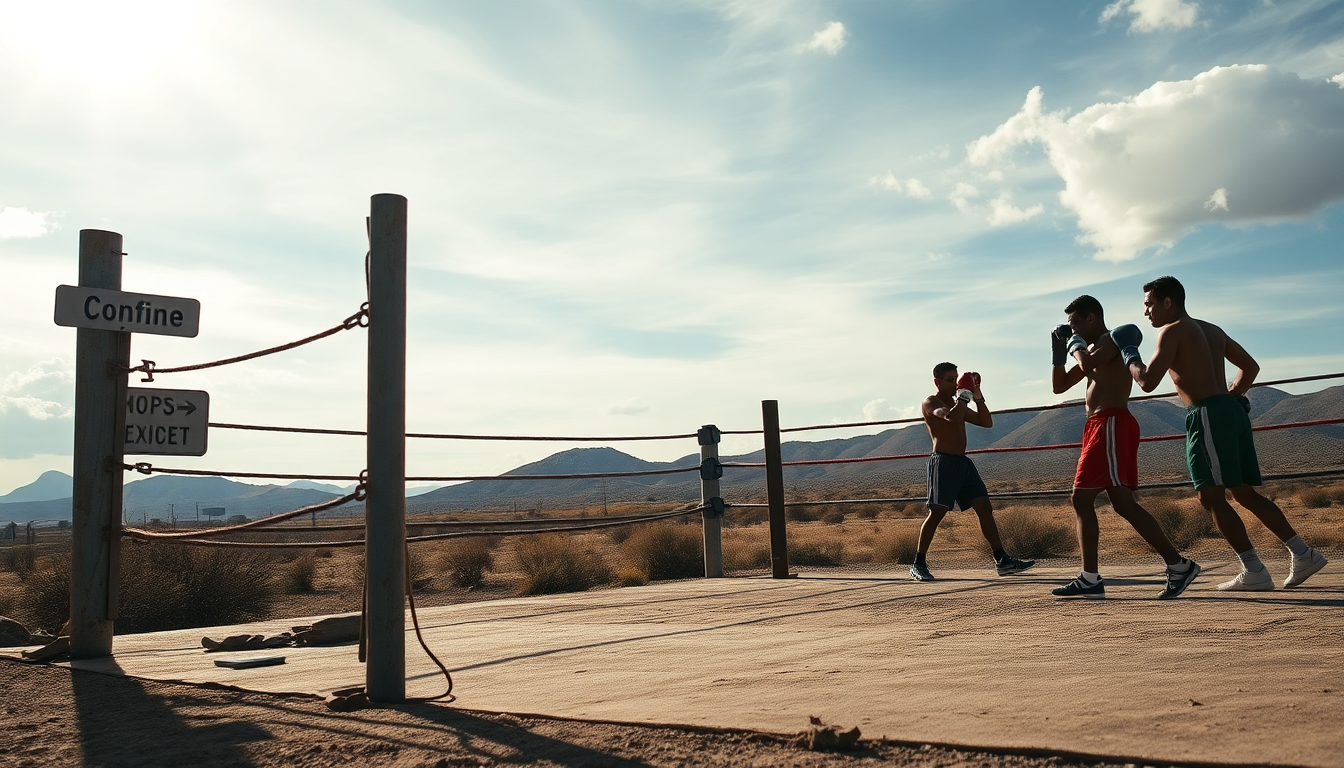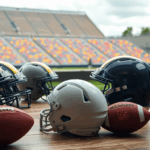Table of Contents
Julio César Chávez Jr. is no stranger to the spotlight, but his recent deportation to Mexico has sparked a whirlwind of controversy and legal complications. This isn’t just about the athlete’s personal struggles; it sheds light on broader issues like immigration policies and how they intersect with the world of sports.
As we dig deeper into the details of his case, we start to see the multiple layers of complexity that span across borders and legal systems. What does this mean for athletes facing similar challenges?
Chávez Jr.’s Legal Troubles and Deportation
The saga of Chávez Jr.’s legal woes kicked off with his arrest in the United States for overstaying his visa and providing misleading information on a green card application. Things escalated further after his recent fight against YouTuber Jake Paul, where he faced a defeat that ultimately led to his apprehension.
Isn’t it fascinating how an athlete’s performance can ripple through their personal life and legal standing?
Mexican President Claudia Sheinbaum confirmed the deportation during a press briefing, making it clear that Chávez Jr. was indeed heading back to Mexico.
This official acknowledgment reflects the intense scrutiny that individuals with complicated legal histories face, especially when they have ties to organized crime. Reports indicate that Chávez Jr. is wanted in Mexico for alleged connections with drug trafficking and the Sinaloa Cartel.
How do these international dimensions complicate his already challenging situation?
It’s worth noting that Chávez Jr.’s father, a legendary boxer in his own right, has had his share of associations with controversial figures. This raises important questions about how family connections might influence the younger Chávez’s choices and circumstances.
The implications of this legacy are profound, touching on broader societal issues such as celebrity culture, drug addiction, and the immense pressures that professional athletes endure.
Impact on the Boxing Community and Beyond
Chávez Jr.’s deportation is sending shockwaves through the boxing community, igniting conversations about the personal responsibilities athletes carry and the consequences of their actions. His accomplishments in the ring are impressive, yet they often get overshadowed by his ongoing legal troubles and struggles with substance abuse. How does the boxing world reconcile these achievements with the reality of his personal challenges?
Chávez Jr. has faced multiple suspensions and criticism for his perceived lack of commitment to the sport, raising vital discussions about the support systems available for athletes grappling with addiction and mental health issues. This situation prompts us to rethink how the sports industry addresses the well-being of its athletes, particularly those vulnerable to the pitfalls of fame and fortune. What more can be done to support these individuals?
Additionally, the circumstances surrounding his deportation bring to light critical questions about the U.S. immigration system and its handling of individuals with criminal charges. The intersection of sports and immigration policy creates a complicated landscape where an athlete’s past can dramatically shape their present and future. Isn’t it time to take a closer look at how these policies affect people’s lives?
Looking Ahead: What’s Next for Chávez Jr.?
As Chávez Jr. makes his way back to Mexico, uncertainty looms over his future. With ongoing legal issues and allegations of cartel ties, he finds himself in a precarious position that could complicate both his life and career even further. The boxing community will be watching closely to see how this all unfolds. What impact will these developments have on Chávez Jr.’s legacy?
In light of his deportation, there’s a larger conversation about the responsibilities athletes have in managing their personal lives, public personas, and legal obligations. This serves as a cautionary tale for aspiring athletes about the importance of making informed decisions and seeking help when needed. How can they learn from Chávez Jr.’s experiences?
In conclusion, while Chávez Jr.’s deportation marks a significant chapter in his life, it also opens the door for crucial discussions regarding the intersection of sports, law, and immigration. As this situation continues to evolve, it’s essential for stakeholders in the sports community to advocate for better support systems and foster a deeper understanding of the issues athletes face today. What steps can we take to ensure a brighter future for athletes navigating these challenges?





